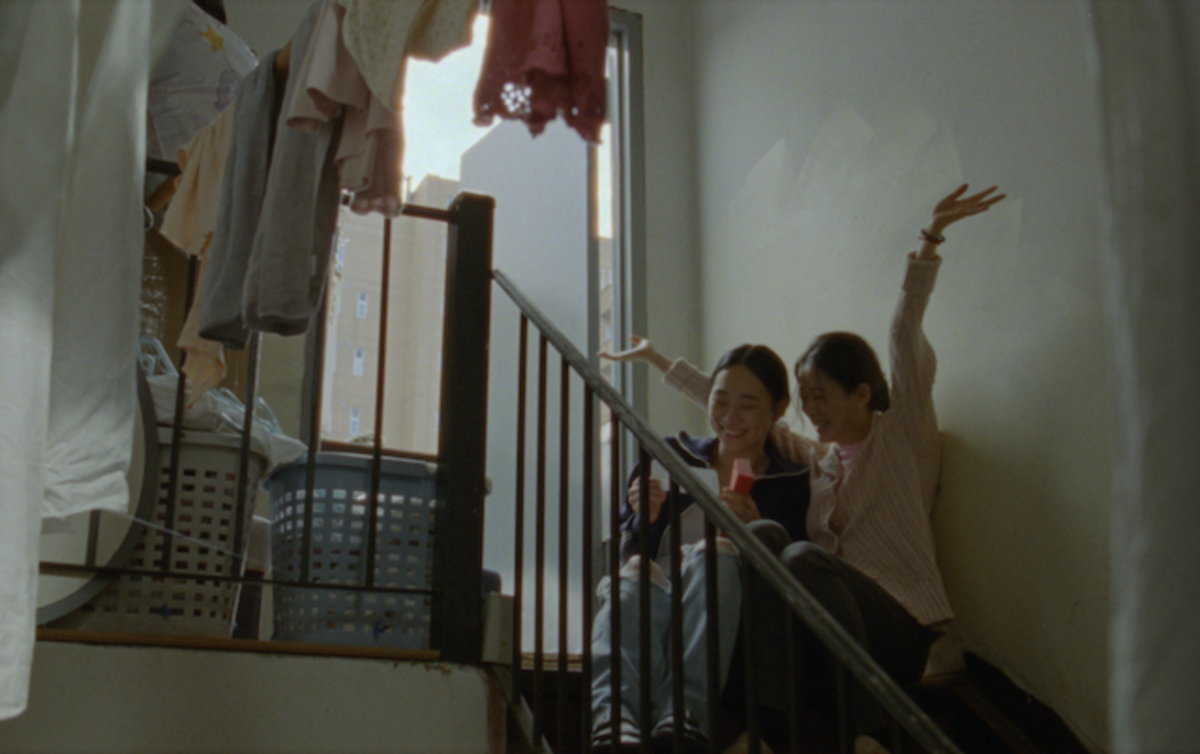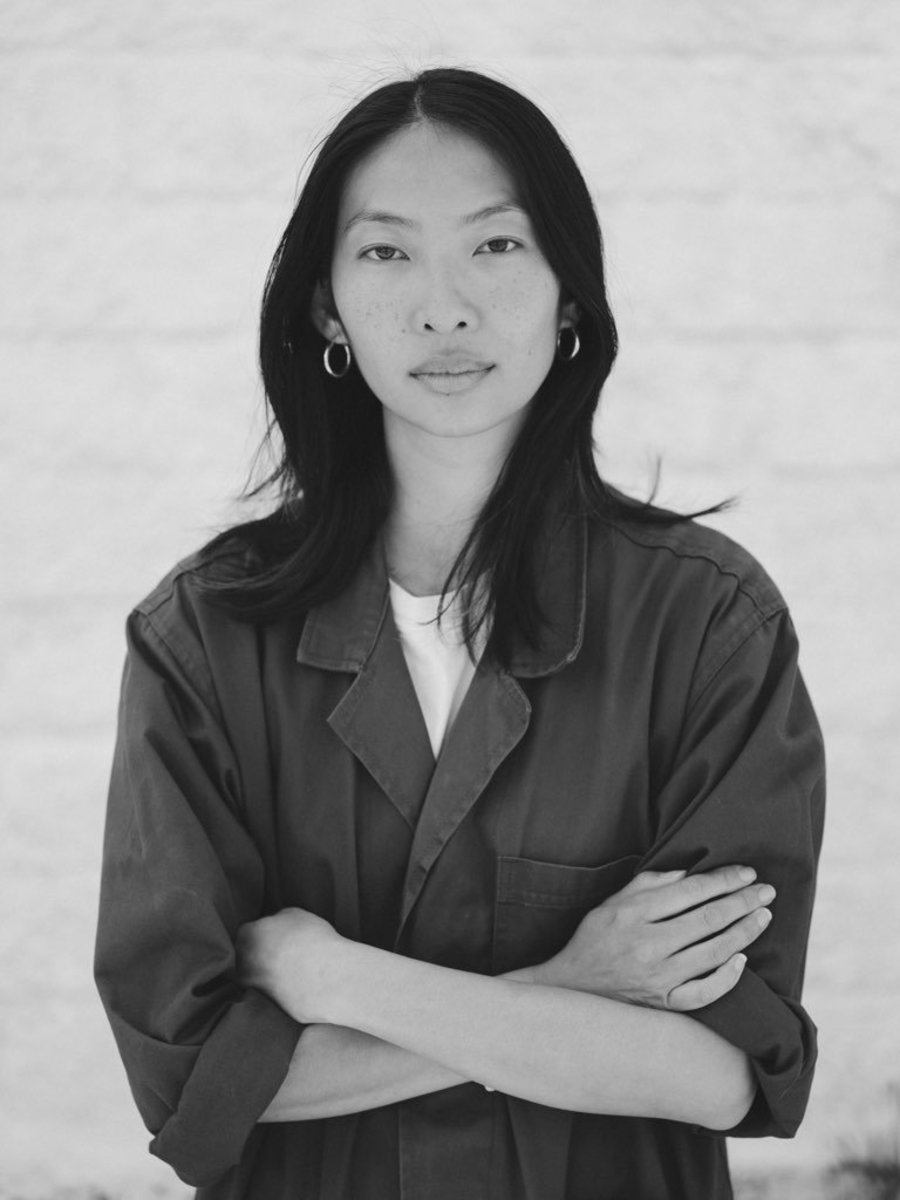Susan Kouguell speaks with writer-director Constance Tsang about her poignant first feature film ‘Blue Sun Palace’ premiering at the Cannes Film Festival for Script Magazine.
As I watch Blue Sun Palace now, I have come to terms of what it means to me – a letter to the ghosts of childhood, to my parents who came to America with one dream and settled for another, to my father who I now understand, and to myself as I come to terms with redefining loss in my life.
– Constance Tsang
It was a pleasure to speak with Constance Tsang about her poignant first feature film Blue Sun Palace, premiering at the Cannes Film Festival’s Semaine de la Critique; it is the only US film selected.
Tsang, a Chinese American writer, director, and educator based in New York, received an MFA in Screenwriting and Directing from Columbia University. Her award-winning short film BEAU is a Vimeo Staff Pick and her previous short film, CARNIVORE, was a 2018 AT&T Hello Lab project. Her work is supported by Starlight Stars Collective and Tribeca Film.
About Blue Sun Palace: Within the confines of a massage parlor in Flushing, Queens, Amy and Didi navigate romance, happiness, and the obligations of family thousands of miles from home. Despite the physical and emotional toll their work demands, the women have fortified an impenetrable sisterhood, which tragically collapses when disaster strikes on Lunar New Year.

Kouguell: Let’s begin with talking about your writing process.
Tsang: It starts with a feeling that I can’t escape. From there, I begin with constructing the story structure and what it looks like. And I do that with Post-its, I put inspirations, feelings, and thoughts on the Post-its, and the Post-its become the story, and the story becomes the outline, and then I start writing the screenplay. It’s low risk; you can put a character point or plot point on a Post-it and you can move it around or throw it out.
Kouguell: The tone, mood and atmosphere you created in the visual storytelling and pacing is captivating. What were some of your influences?
Tsang: The films of Chantal Akerman. I read Harold Pinter. I’m interested in how silence is used and ways spaces can linger.
Kouguell: The inspiration for your script came from losing your father as a teenager.

Tsang: At the core of the film is grief. It is something that drives a lot of decisions the characters make. It took me a long time to understand my own grief. I still have a hard time actually verbalizing it, and that difficulty to express grief was a thrust for this movie too through this process of writing and discovering these characters.
Kouguell: Tell me about the transition from making short films to Blue Sun Palace, which is your first feature.
Tsang: I made a couple of shorts in grad school, and it was a transition to jump in and understand the craft of it all. Moving to the feature space meant being able to be vulnerable; I couldn’t always do that in my shorts. It demanded more of me, and my understanding of the film’s emotional life. It’s almost as if things I was too scared about myself I had to let that go.
Kouguell: How did it all come together from script to screen?
Tsang: It took a long time, I had been writing this for five years. In the beginning, the first couple of drafts were not great, it was not the truest form. It took time to really understand what the story meant and what it meant to me.
Kouguell: It’s interesting that your two main actors Lee Kang Sheng and Ke-Xi Wu are also screenwriters and directors.
Tsang: They came to the story with such intelligence and understanding, it was amazing. They gave so much and were able to make the characters their own.
Kouguell: What’s next for you?
Tsang: I’ve started to write my next film about my mother.
Kouguell: Final thoughts?
Tsang: Especially since this article is aimed towards screenwriters I will say, write what you know. It’s very true. For me, it was a lot easier when writing a first feature to take from personal experiences.

Blue Sun Palace won the French Touch prize at the Semaine de la Critique, Cannes Film Festival.